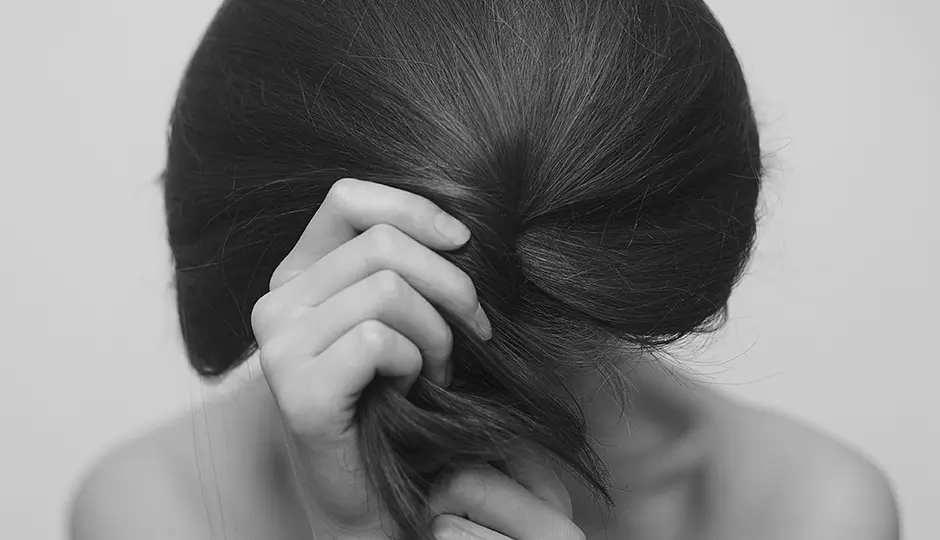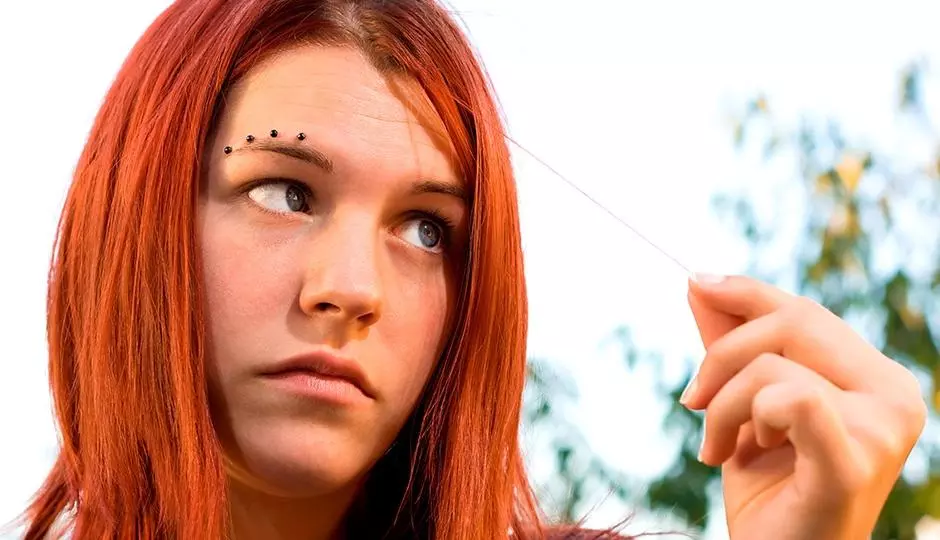Thinning hair and hair loss are issues that affect millions of men and women. There are several types of hair loss conditions caused by many factors, with each individual affected in unique ways. Thinning hair and hair loss can have devastating psychological effects, which affect performance in every area of the person's life. Trichotillomania is one medical condition associated with hair loss.
What is Trichotillomania?
Trichotillomania, also known as "hair-pulling disorder," is a mental disorder in a category of conditions known as impulse control disorders. The condition is like other impulse control disorders, such as kleptomania, pyromania, or pathologic gambling, except this ailment is a body-focused, repetitive behavior involving a person pulling out their hair. The hair pulling is usually from the scalp, but it may involve other areas of the body as well, particularly the eyebrows and eyelids.
It is estimated that less than 2 percent of adults and adolescents experience trichotillomania, and the condition tends to occur more frequently in females than males. While some people have mild and manageable cases, the majority of people with trichotillomania find the urge to pull hair out overwhelming.
The hair pulling can be focused or automatic. Focused hair pulling is an intentional act done to relieve stress or tension and often involves complicated personal rituals. Automatic hair pulling is done unconsciously by people, frequently pulling out their hair without even realizing they are doing it. People may experience both focused and automatic hair pulling, depending on their current setting or situation.
Symptoms of Trichotillomania
Trichotillomania is a chronic condition, often coming and going in phases, that affects individuals throughout their lifetime without proper mental health treatment. The disorder affects each individual differently and may come and go for weeks, months, or years at a time. As a chronic disorder, symptoms of trichotillomania typically worsen over time and, while there may be periods of no hair pulling, left untreated, the condition is unlikely to get better.
The continued pulling out of hair often leaves patchy or bald spots on the scalp, creating additional stress, which can interfere with a person's normal daily social functioning, including both their personal and business life. Trichotillomania is often accompanied by feelings of loss of control, embarrassment, or shame resulting in avoidance of work, school, or other public situations.
For most people, trichotillomania is an emotional response that is a way to handle negative emotions, such as boredom, tension, stress, fatigue, frustration, or loneliness. The impulse to pull hair out may be triggered by specific activities or body positions, such as brushing their hair, resting their head in their hand, watching television, or reading a book.
Individuals that suffer from the condition often feel tension, anxiety, and stress before pulling out hair, with these feeling becoming more intense if they resist the urge. After pulling out hair from the scalp, there is usually gratifying sense of pleasure or relief.
Hair pulling may be accompanied by behaviors or rituals that involve the hair. They may search for a specific hair to pull or remove it in a certain way. Some individuals may visually examine or orally manipulate the hair after it is pulled out, rolling it between their fingers, biting it, or swallowing the hair.
Contact New Image Hair Clinic
Trichotillomania is often perceived as simply a bad habit, but it is actually a complex disorder that can do long-term damage to the hair and scalp. If you find it difficult or impossible to resist the urge to pull out your hair or feel embarrassed because your hair pulling is negatively affecting your hair and scalp, it is imperative to seek treatment immediately.
Trichotillomania does not go away without proper treatment and will eventually cause damage to the scalp and hair follicles, leading to permanent hair loss. At New Image Hair Clinic, we are experts in all types of hair loss and have treatment options that can help restore your natural, thick, full head of hair. To learn more about trichotillomania and how we can help you with your hair loss, contact us today to schedule your FREE initial consultation.



